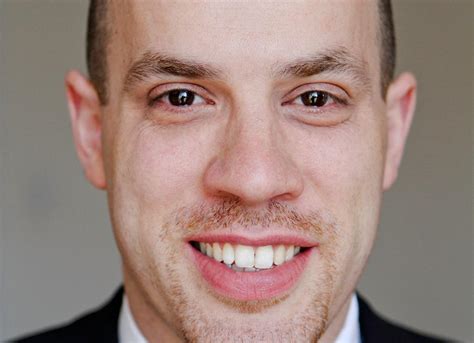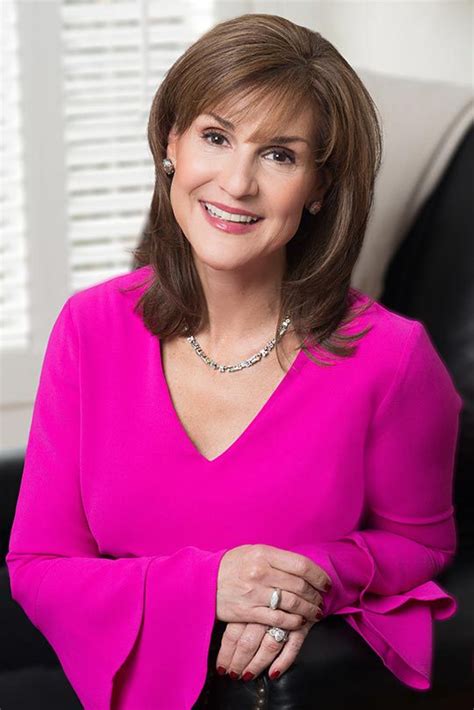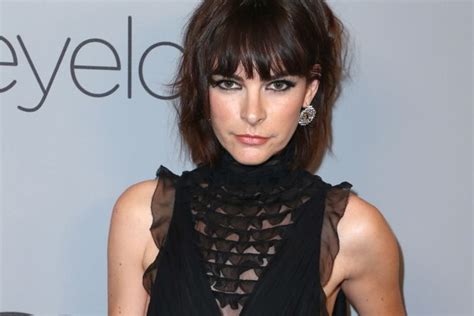A Quote by Anne Lamott
You own everything that happened to you. Tell your stories. If people wanted you to write warmly about them, they should have behaved better.
Related Quotes
A lot of college graduates approach me about becoming screenwriters. I tell them, 'Do not become a screenwriter, become a journalist,' because journalists go into worlds that are not their own. Kids who go to Hollywood write coming-of-age stories for their first scripts, about what happened to them when they were sixteen. Then they write the summer camp script. At the age of twenty-three they haven't produced anything, and that's the end of the career.
I believe that if a child has a feel for writing and wants to write, there is an audience. Children should just dive in and go at it. I would encourage children to write about themselves and things that are happening to them. It is a lot easier and they know the subject better if they use something out of their everyday lives as an inspiration. Read stories, listen to stories, to develop an understanding of what stories are all about.
Every woman should have a daughter to tell her stories to. Otherwise, the lessons learned are as useless as spare buttons from a discarded shirt. And all that is left is a fading name and the shape of a nose or the color of hair. The men who write the history books will tell you the stories of battles and conquests. But the women will tell you the stories of people's hearts.
Writers shouldn’t underestimate the difficulty of what they’re doing, and they should treat it with great seriousness. You’re doing something that really matters, you’re telling stories that have an impact on other people and on the culture. You should tell the best stories you can possibly tell and put everything you’ve got into it.
It's terrifying to think about all things that were awful for you. But for me, sharing all of them was so satisfying, because people read them and get to go, "Oh, okay, I don't have to feel so shitty about that," or maybe even, "Why was I feeling so shitty about that? I should own that and learn from that." Those are the sorts of stories I want to tell.
I hope I can tell you what happened in Europe and support you in your fight to preserve freedom for your children and your grandchildren, and tell them what I believe the Islamic threat is, and to discuss it with anybody - also people who don't agree with me. This is democracy. This is civil society. We should cherish that.






































